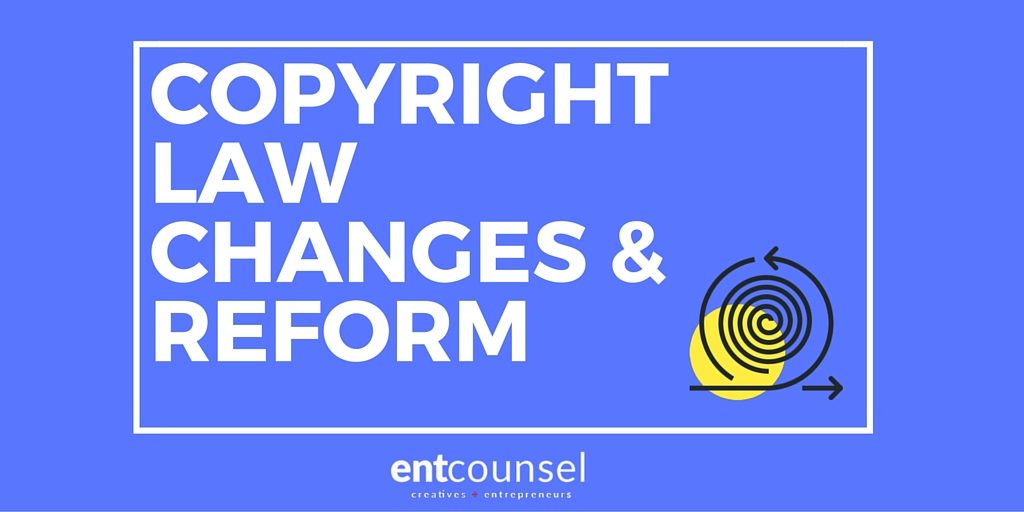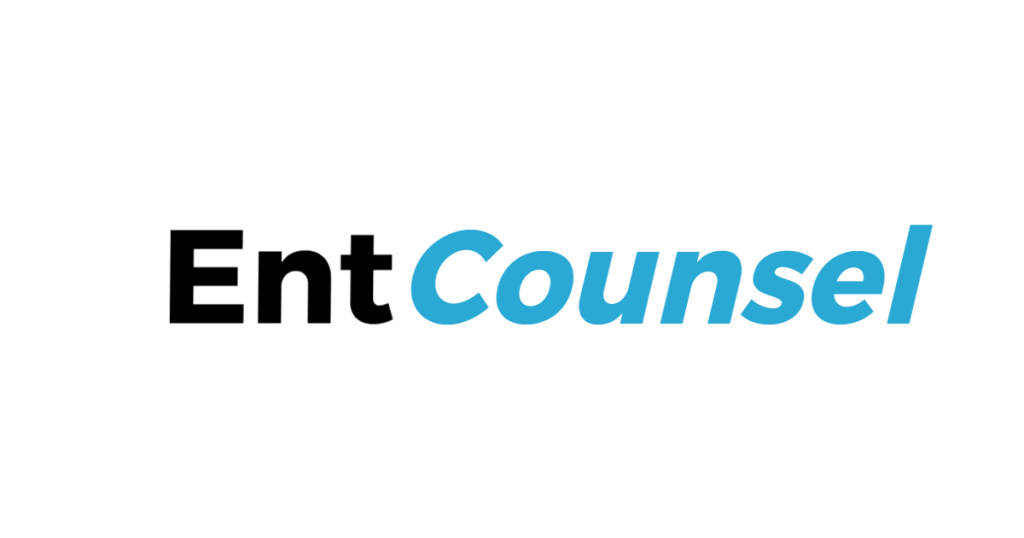Copyright Law Changes & Reform in Canada Since 2012
New changes in copyright law has seen a radical shift in direction. Below is a summary of the changes of the Copyright Act and how this can users and creators.
Canada has taken a giant leap forward towards adapting copyright law and legislation for the digital era with the Copyright Modernization Act receiving royal assent on June 29th, 2012. Copyright reform in Canada has been a long time coming – 15 years in the making and four failed attempts at passage through Parliament to be exact.[i] Not to mention that everyone from consumers to domestic policy makers to members of the World Intellectual Property Organization (WIPO) probably saw Canadian copyright law (See “What is Copyright?” and “A Guide to Copyright“) as up-to-date as a 1980s hairdo and shoulder padded jackets.
Taunt us they can do no longer, as the amendments reflect a digital landscape where the internet is used as a conduit for creation, distribution and consumption of entertainment content.
As intended, the reform on copyright law has also better aligned Canada with the WIPO Copyright Treaty and WIPO Performance and Phonograms Treaty.[ii] Overall reception to the changes (which will come into force after the order-in-council process) has been positive, although some stakeholder groups are happier than others. What follows is a broad overview of the major changes to the Copyright Act and their implications.
Expanded Rights in Copyright Law
As a result of these changes to copyright law, copyright owners now have the exclusive right to make their work, tangible or not, available (or not) to the public.[iii] As a result, a consumer would be infringing copyright by simply making a copy of a work available to the public, by peer-to-peer file sharing for instance. Copyright holders also have been granted the right to sue any entity that provides a service primarily designed for the infringement of copyright by its users.[iv] Original copyright in photographs has flipped from the person commissioning the work to the actual photographer, eliminating a photographer’s reliance on a contractual agreement that grants them the right to reproduce their work.[v] Lastly, performers have now been granted moral rights in their performances for up to 50 years.[vi]
Prohibitions / Limitations of Rights
Circumvention of technological protection measures (TPMs) is now unambiguously prohibited.[vii] This means that a person, software or any device cannot pick the “digital lock” that restricts the reproduction of copyrighted material, whether it be on an album, movie or e-book. This is such a hotly contested amendment because it overrides rights for back up copying, format shifting and time shifting and the ban still applies even if the work is legally acquired.[viii] TPM circumvention for commercial purposes can attract criminal liability with fines of up to $1 million and 5 years in prison.[ix]
The Motion Picture Association of Canada as well as the gaming and music community are singing praise for the provision’s stance on fighting online piracy.[x] Jason Kee, Director of Policy and Legal Affairs at the Entertainment Software Association of Canada is pleased the Canadian government is fighting to prevent the distortion of markets which weakens the content-producing companies that are vital to Canada’s thriving economy.[xi]
But reception from other Canadian commentators is less enthusiastic. Organization like the Canadian Library Association, which represent 57,000 library staff across the country, argue that this approach shifts the balance too far in favour of copyright holders at the expense of consumers. They feel that circumvention should be permitted for non-infringing purposes.[xii]
Expanded Exceptions to Infringement / Limitations of Liability
Internet Intermediaries
When acting primarily as a communications intermediary, internet service providers (ISPs) are not liable for any infringement by its customers. But they must meet the requirement of the new “Notice-and-Notice” regime.[xiii] Under the regime, an ISP is obliged to forward notice of infringement from the copyright holder to the suspected infringing party. Unlike the “notice and takedown” regime in the US, there is no additional burden to remove the content in question in a timely manner. Failure to comply with this provision can run the risk of statutory damages ranging from $5000 to $10,000.[xiv]
Users
Format shifting, where a consumer reproduces legally acquired content onto a digital device, is not infringement if it is used for personal purposes.[xv] So copying music from your iTunes library to your digital music player is perfectly acceptable. Obvious enough right? Not quite. You must own the content that is being copied, so burning a friend’s DVD or distributing burned copies to friends is prohibited.[xvi]
Recording a program for your own personal enjoyment at a later time – not infringement. Keeping the program beyond a “reasonable” time period – infringement.[xvii] In essence, the time shifting provision makes creating a library of your favourite TV shows on your PVR for multiple re-watches an act of copyright infringement. One wonders the effect the legislation will have on the marketing and sale of PVRs and similar devices. Also, consumers are free to make backup copies (a reproduction) of legally acquired content for personal use without fear of infringement.[xviii]
Comedians and educational institutions will be pleased with the inclusion of reproduction for purposes of education, parody and satire to the “fair dealing” exemption[xix]. One possible wrinkle on this amendment could be how it will interact with a claim of moral rights infringement. For example, a copyright holder may face difficulty in claiming infringement of their integrity to the prejudice of their reputation when the reproduction was part of a comedy sketch.
Commonly referred to as the “Youtube” exception, individuals are free to remix copyrighted content in the creation of a new work. These “mash-ups” can be made available to the public only for non-commercial purposes and if it does not negatively impact the viability of the original. Under reasonable circumstances, the source must be mentioned and the new creator must have believed the original work was non-infringing.[xx]
Lastly, illegal music downloaders will be slightly relieved to know that their infringing activities will only draw up a maximum fine of $5000 per proceeding, instead of the original $20,000.[xxi]
CONCLUSION
Copyright or Copywrong?
Although conspicuously absent from copyright law and legislation, the purpose of the Copyright Act is to walk a tightrope between the protection of creators’ rights to their work and the public’s right to access and use that work. And that is exactly what the federal government believes it has delivered.[xxii] With the dichotomy of content creators and consumers, the clout of the entertainment industry and the wild west of the internet, all the players will never be fully satisfied. A policy decision against one’s favour will not be well received and when in their favour, a plea that the decision could have been further reaching will always be heard. But such is the art of compromise. In the end, all will agree that modernizing the Copyright Act is a necessary progression. With a periodic review every five years, it is hopeful that the art of the law will continue to emulate life… or at least in this generation’s case, facebook profiles and twitter feeds.
*DISCLAIMER: While the information in this article reflects changes in the law, it is not to be relied upon as legal advice. This article is intended solely for informational purposes. Should any legal dispute arise, you should seek legal counsel.
Article by Marco Figliomeni Copyright Entcounsel
[i] Etan Vlessing, “Canadian Parliament Passes U.S.-Style Copyright Reform,” online: The Hollywood Reporter <http://www.hollywoodreporter.com/news/canadian-parliament-copyright-reform-339182> [Vlessing].
[ii] “The Copyright Modernization Act Becomes Law,” (3 July 2012), online: Goodmans LLP <http://www.goodmans.ca/files/file/docs/07.03.2012%20Ent%20and%20Comm%20Update.pdf > [Goodmans].
[viii] Ryan J. Black et al., “Copyright Reform Bill C-11”, online: Lexology http://www.lexology.com/library/detail.aspx?g=695d982c-ceef-4e1e-88f6-87ca917c2aff. [Black].
[x] Etan Vlessing, “Canada Passes Long-Awaited Copyright Reform,” online: The Hollywood Reporter http://www.hollywoodreporter.com/news/canada-copyright-reforms-law-344567.
[xi] “ESAC supports copyright reform and encourages swift implementation,” online: Canada Newswire http://www.newswire.ca/en/story/1002637/esac-supports-copyright-reform-and-encourages-swift-implementation.
[xii] “National Library Association Acknowledges Passing of the Copyright Modernization Act,” online: Canada Newswire http://www.newswire.ca/en/story/1002493/national-library-association-acknowledges-passing-of-the-copyright-modernization-act.
[xiii] Goodmans, supra note 2.
[xiv] Goodmans, supra note 2.
[xvi] Black, supra note 8.
[xvii] Goodmans, supra note 2.
[xx] Black, supra note 8.
[xxi] Goodmans, supra note 2.
[xxii] Vlessing, supra note 1.



